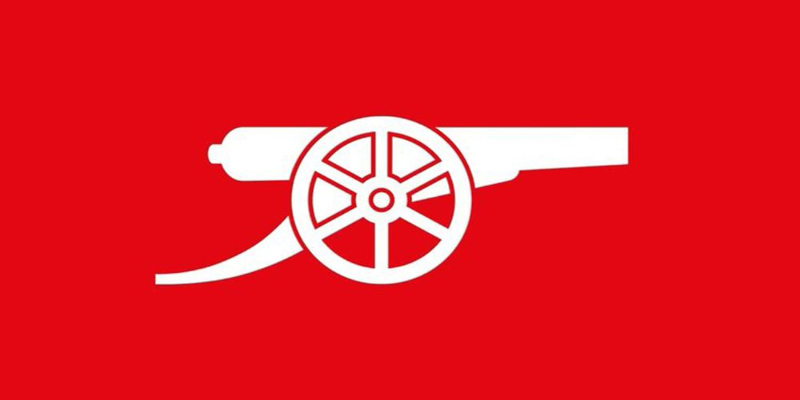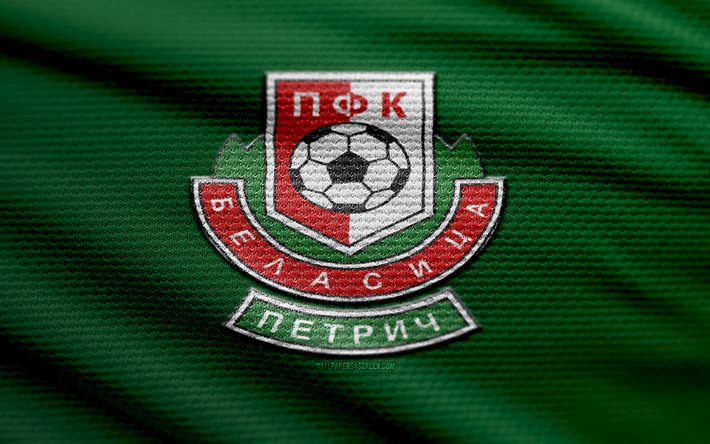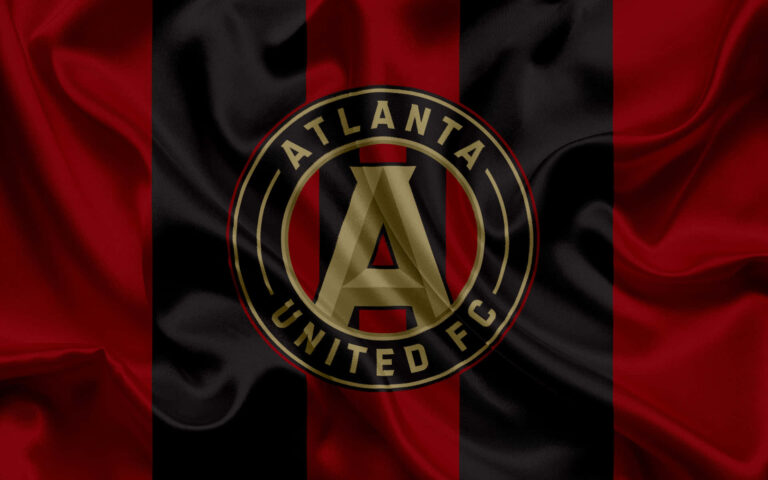
Arsenal FC: A Legacy of Excellence
Arsenal FC is not just a football club; it’s a symbol of great history, passion, and remarkable achievement in the world of sports. Founded in 1886, Arsenal has secured its place among the elite clubs in England and worldwide, showcasing talent, perseverance, and an unwavering commitment to excellence. With a rich heritage that celebrates a plethora of victories, unforgettable matches, and legendary players, Arsenal FC continues to inspire generations of fans and aspiring footballers alike.
The Historic Journey of Arsenal FC
The journey of Arsenal FC is deeply embedded in the fabric of English football. From its inception to becoming one of the most successful clubs, the path is filled with memorable milestones and significant changes that reflect the evolution of the game itself.
The Birth of a Footballing Giant
The origins of Arsenal FC can be traced back to 1886 when a group of workers at the Royal Arsenal armaments factory in Woolwich formed the club. Initially named Dial Square, the team quickly evolved into the Arsenal we know today after a name change in 1913. The early years were marked by struggles, but the formation of the club was grounded in unity and teamwork—values that remain central to the club’s identity.
As the club built its reputation, it moved from its original location in Woolwich to Highbury in 1913, signaling a new era. The move not only provided a larger home for supporters but also cemented Arsenal’s status as a major player in the Football League.
The Golden Age of Arsenal: 1930s Dominance
The 1930s was a defining decade for Arsenal FC, as the club dominated English football by securing five league titles and two FA Cups. Under the management of Herbert Chapman, the team adopted innovative tactics and training methods that shaped the modern game. Chapman’s vision transformed the club into a formidable force, leading to the development of the famous “WM” formation that allowed players to showcase their versatility.
This period saw the emergence of iconic players such as Cliff Bastin, Ted Drake, and Alex James, who mesmerized fans with their flair and technical abilities. Each match became a spectacle, drawing thousands of supporters to Highbury. The connection between the club and its fanbase grew stronger, establishing a sense of community and pride that persists today.
Post-War Resurgence and the Emergence of Legends
After World War II, Arsenal FC entered a new phase characterized by resilience and renewed vigor. The club’s comeback was highlighted by the arrival of notable figures like manager George Swindin and later, the legendary Bertie Mee. Under Mee’s leadership, Arsenal won the double in 1971—a remarkable achievement that further solidified the club’s legacy.
During this time, the Gunners introduced a generation of world-class players including Frank Stapleton, Liam Brady, and Tony Adams. These players brought charisma, skill, and leadership both on and off the pitch, creating a winning culture that would endure through the decades.
The Arsène Wenger Revolution
In 1996, a turning point in Arsenal’s history came with the appointment of Arsène Wenger as manager. His unconventional methods and emphasis on fitness, diet, and tactical awareness revolutionized English football. Wenger’s impact was profound, leading Arsenal to unprecedented success, including the famous “Invincibles” season in 2004, where they finished the league unbeaten.
Wenger’s philosophy of nurturing young talent while blending it with established stars created a team that played beautiful football. This period showcased players like Thierry Henry, Patrick Vieira, and Dennis Bergkamp, who not only contributed to the club’s successes but also helped shape the identity of Arsenal FC.
Conclusion
Arsenal FC is so much more than a football club; it is a testament to perseverance, passion, and the enduring spirit of football. With a rich history filled with triumphs, rivalries, and cultural impact, the legacy of Arsenal is woven into the very fabric of English sport. As the club embraces the challenges and opportunities of the future, the essence of Arsenal—its dedication to excellence and commitment to its fans—will guide its journey onward. Arsenal FC will continue to inspire, unite, and champion the beautiful game for all who cherish it.v



